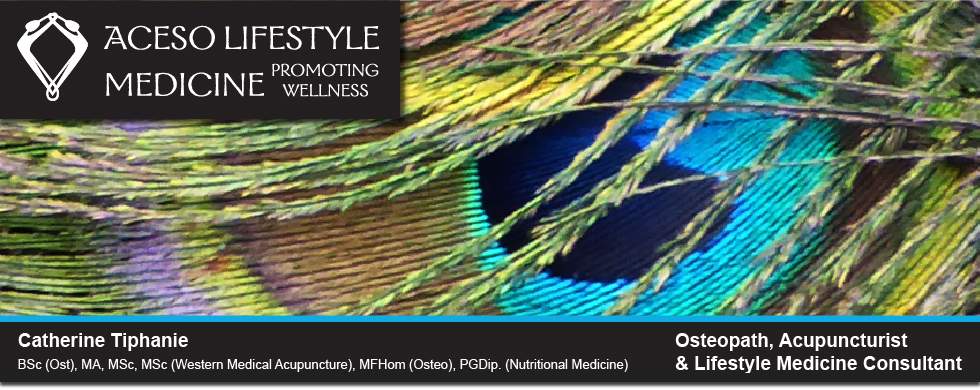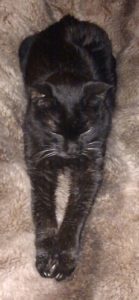
The Evidence for Homeopathy
Science still has a lot to explain about the mechanism of action for homeopathy. However, there is a growing body of clinical evidence to show that homeopathy has a positive effect.
The widely accepted method of proving whether or not a medical intervention works is called a randomised controlled trial (RCT). One group of patients, the control group, receive placebo (a “dummy” pill) or standard treatment, and another group of patients receive the medicine being tested. The trial becomes double-blinded when neither the patient nor the practitioner knows which treatment the patient is getting. RCTs are often referred to as the “gold standard” of clinical research.
Up to the end of 2014, a total of 104 papers reporting good-quality placebo-controlled RCTs in homeopathy (on 61 different medical conditions) have been published in peer-reviewed journals:
- 41% of these RCTs have reported a balance of positive evidence
- 5% a balance of negative evidence
- 54% have not been conclusively positive or negative
For full details of all these RCTs and more in-depth information on the research in general, visit the research section of the Faculty of Homeopathy’s website , where you will also find a 2-page evidence summary with full references.

Hypericum
There is also ongoing veterinary research into the use of homeopathy
Animals may benefit from homeopathic medicines, but in the UK their treatment must be undertaken by a Vet. Information about how to find a Vet who is qualified to treat your pet with homeopathy can be found at The British Association of Homeopathic Veterinary Surgeons , or on The British Homeopathic Association website.
Very little research has been done in veterinary homeopathy. Up to March 2011, there were only 38 RCTs published in the entire peer-reviewed journal literature. The details below are based on a systematic review of the world’s RCT literature in veterinary homeopathy (Mathie RT, Hacke D, Clausen J. (2012). Randomised controlled trials of veterinary homeopathy: characterising the peer-reviewed research literature for systematic review. Homeopathy; 101: 196–203).
By the end of 2013, the total number of peer-reviewed RCTs had risen to 44. Nineteen RCTs were placebo controlled; the remaining 25 were controlled by another comparator. Of the 19 placebo-controlled trials, and the original authors’ interpretation of their main findings, 63% were positive; whilst 37% were non-conclusive.
A veterinary research paper published in 2010, the largest-ever study of its type – a clinical outcomes survey – identified a number of clinical conditions in cats and dogs that may be promising targets for future research in veterinary homeopathy (Mathie RT, Baitson ES, Hansen L, Elliott MF, Hoare J. Homeopathic prescribing for chronic conditions in feline and canine veterinary practice. Homeopathy 2010; 99: 243–248.)
This survey involved twenty-one homeopathic veterinary surgeons in the UK who had recorded data from their patients over a 12-month period. Information was collected from a total of 400 cats and 1500 dogs.
| This survey involved twenty-one homeopathic veterinary surgeons in the UK who had recorded data from their patients over a 12-month period. Information was collected from a total of 400 cats and 1500 dogs.
The most frequently treated feline conditions overall were: dermatitis, renal failure, over-groom The most commonly recorded canine conditions were: dermatitis, arthritis, pyoderma, colitis and fear |
Results were based upon owners’ assessments, with a moderate or major improvement reported overall for 63% of cats and for 68% of dogs. The authors conclude that a programme of controlled research in homeopathy for frequently-treated feline and canine conditions is clearly indicated.
To return to the main page on Homeopathy please click here
Copyright ©2012 - 2023 Catherine Tiphanie. All Rights Reserved. Privacy Policy

 ing, arthritis and hyperthyroidism
ing, arthritis and hyperthyroidism